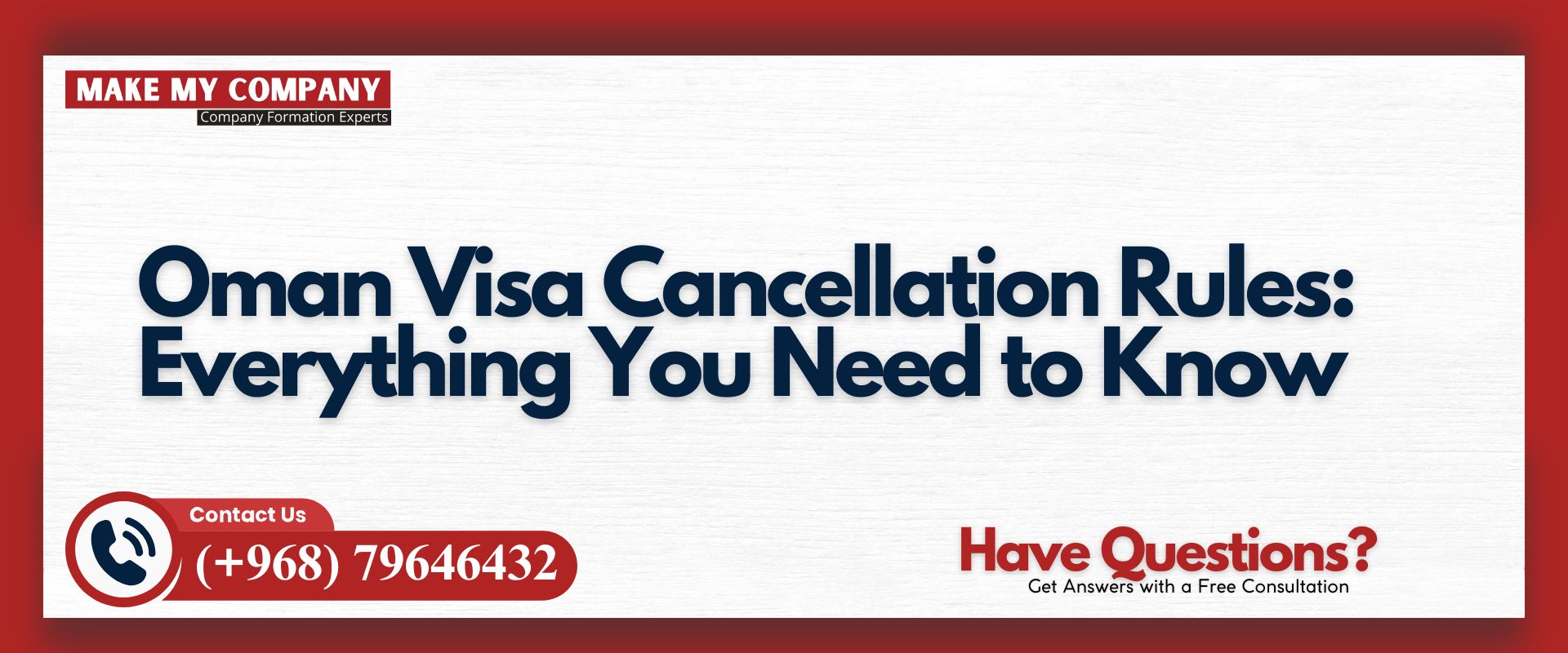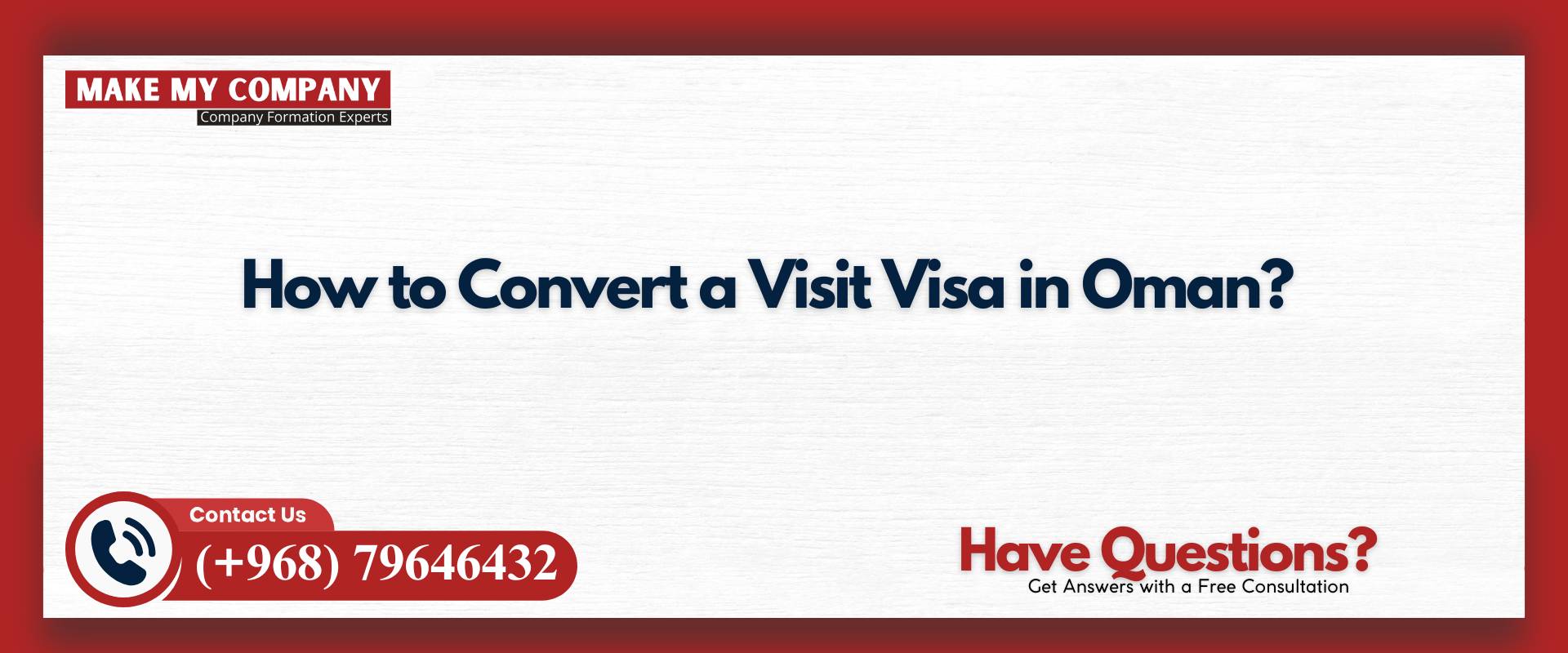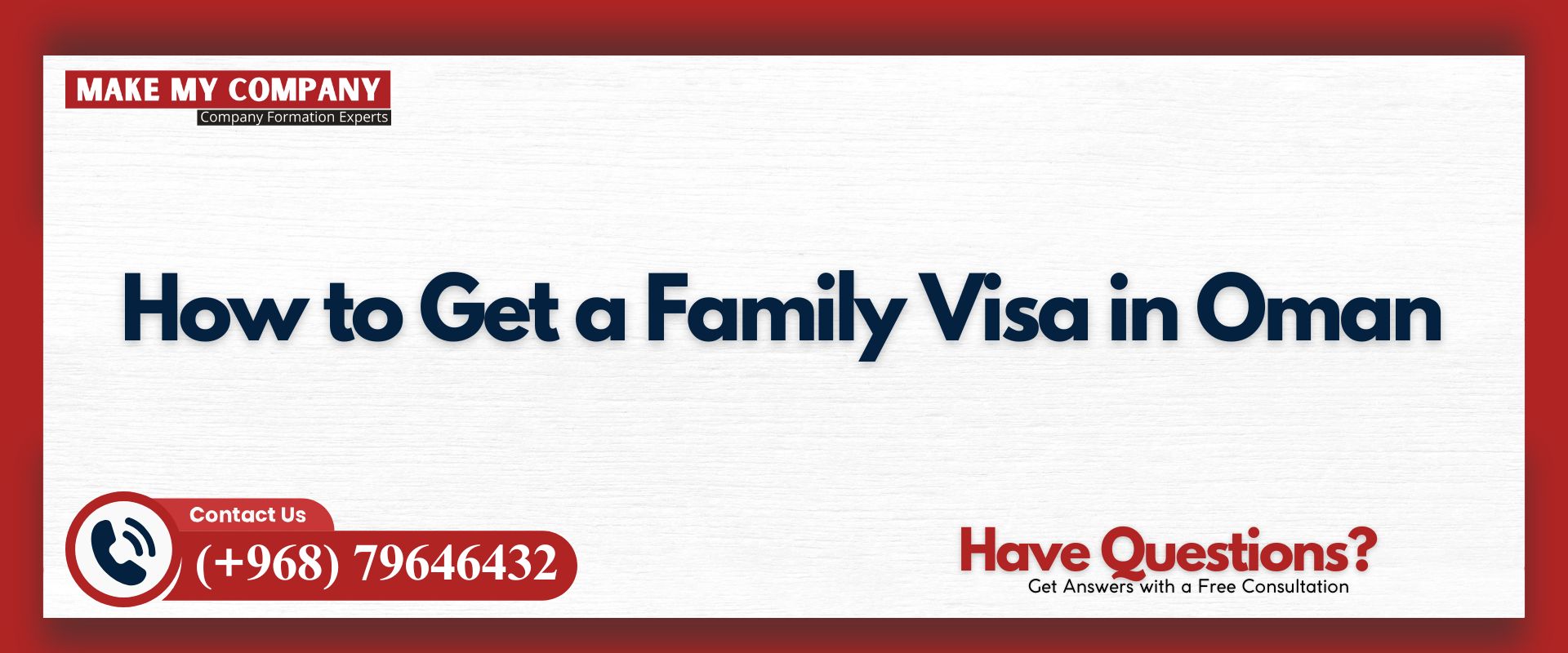Oman, a gem in the Arabian Peninsula, is rapidly becoming a hotspot for global investors. With its strategic location, business-friendly policies, and diverse economy, the Sultanate offers a wealth of opportunities for those looking to expand their ventures. This guide dives deep into Foreign Investment in Oman, breaking down everything you need to know in a simple, engaging way. Whether you’re a seasoned investor or just exploring, this article will walk you through the process, benefits, and key considerations for investing in Oman.
Why Choose Oman for Foreign Investment?
Oman’s appeal as an investment destination lies in its unique blend of stability, modernization, and economic diversification. The country’s Vision 2040, a roadmap for sustainable growth, emphasizes attracting foreign capital to fuel industries like tourism, logistics, and renewable energy. But what makes Oman stand out?
Strategic Location for Global Trade
Nestled at the crossroads of Asia, Africa, and Europe, Oman boasts a prime location for international trade. Its ports, like Salalah and Duqm, are gateways to global markets, offering seamless access to the Middle East, South Asia, and East Africa. This makes Foreign Investment in Oman particularly attractive for logistics, shipping, and manufacturing businesses.
Stable Political and Economic Environment
Oman’s political stability is a major draw for investors. The country enjoys a peaceful environment, with a government that prioritizes economic reforms and foreign partnerships. Its currency, the Omani Rial (OMR), is one of the strongest in the region, pegged to the US dollar, ensuring financial predictability.
Vision 2040: A Blueprint for Growth
Oman’s Vision 2040 is a game-changer. It aims to diversify the economy beyond oil, focusing on sectors like tourism, fisheries, and technology. The government offers incentives like tax exemptions and free zones to attract foreign investors, making now the perfect time to explore Foreign Investment in Oman.
Key Sectors for Foreign Investment in Oman
Oman’s economy is diverse, with opportunities spanning multiple industries. Here’s a closer look at the top sectors ripe for investment.
Tourism: A Booming Industry
Oman’s stunning landscapes, from the Hajar Mountains to the turquoise waters of the Arabian Sea, make it a tourism hotspot. The government is heavily investing in luxury resorts, eco-tourism, and cultural experiences. Foreign investors can tap into hospitality, travel agencies, or adventure tourism ventures.
Logistics and Ports: The Trade Hub
Oman’s world-class ports and free zones, like the Special Economic Zone at Duqm (SEZAD), are magnets for logistics companies. With state-of-the-art infrastructure and tax incentives, these zones are ideal for manufacturing, warehousing, and shipping businesses.
Renewable Energy: A Sustainable Future
Oman is betting big on green energy. Solar and wind projects are gaining traction, supported by government initiatives. Investors in renewable energy can benefit from long-term contracts and a growing demand for sustainable solutions.
Fisheries and Aquaculture
Oman’s 3,165 km coastline is a goldmine for fisheries and aquaculture. The government is promoting sustainable fishing and seafood processing, creating opportunities for foreign investors in this high-demand sector.
Technology and Innovation
Oman is fostering a tech ecosystem through initiatives like the National Program for Artificial Intelligence and Advanced Technologies. Startups and tech firms can find fertile ground for growth, with access to funding and partnerships.
Legal Framework for Foreign Investment
Navigating the legal landscape is crucial for any investor. Oman has streamlined its regulations to make Foreign Investment in Oman straightforward and secure.
Foreign Capital Investment Law
The Foreign Capital Investment Law (Royal Decree 50/2019) is a cornerstone of Oman’s investment framework. It allows 100% foreign ownership in most sectors, eliminating the need for a local partner in many cases. This is a significant shift from earlier rules, making Oman more investor-friendly.
Free Zones and Special Economic Zones
Oman’s free zones, such as Salalah, Sohar, and Duqm, offer unmatched benefits:
- 100% foreign ownership
- Zero corporate tax for up to 30 years
- No customs duties on imports and exports
- Repatriation of profits without restrictions
These zones are designed to simplify business setup and maximize returns.
Tax Incentives and Exemptions
Oman’s tax regime is highly competitive. Foreign investors can enjoy:
- Corporate tax holidays for up to 5 years (extendable in some cases)
- No personal income tax
- Exemption from customs duties in free zones
These incentives reduce operational costs and boost profitability.
How to Start Investing in Oman
Ready to dive into Foreign Investment in Oman? Here’s a step-by-step guide to get you started.
Step 1: Research and Identify Opportunities
Start by exploring Oman’s key sectors and aligning them with your business goals. Conduct market research to understand demand, competition, and growth potential. Resources like the Oman Chamber of Commerce and Industry (OCCI) can provide valuable insights.
Step 2: Choose the Right Business Structure
Oman offers several business structures for foreign investors:
- Limited Liability Company (LLC): Ideal for small to medium-sized businesses, with 100% foreign ownership allowed in most sectors.
- Branch Office: Suitable for foreign companies looking to establish a presence without forming a new entity.
- Joint Ventures: Partnering with a local company can provide market expertise and access to networks.
Consult with a legal expert to choose the best structure for your needs.
Step 3: Register Your Business
Business registration in Oman is handled by the Ministry of Commerce, Industry, and Investment Promotion (MOCIIP). The process involves:
- Submitting a business plan and required documents
- Obtaining necessary licenses and permits
- Registering with the OCCI
Free zones like SEZAD offer expedited registration processes, often completing setup within days.
Step 4: Secure Funding
Oman offers various funding options for foreign investors, including:
- Bank loans from institutions like Bank Muscat
- Government grants and incentives
- Venture capital for tech startups
Prepare a solid business case to attract funding.
Step 5: Set Up Operations
Once registered, you can set up your office, hire staff, and begin operations. Oman’s free zones provide ready-to-use facilities, while cities like Muscat and Salalah offer vibrant business environments.
Benefits of Investing in Oman
Investing in Oman comes with a host of advantages that make it a smart choice for global businesses.
Access to Growing Markets
Oman’s free trade agreements with countries like the US and GCC nations provide access to lucrative markets. This is a major boon for exporters and manufacturers.
Skilled Workforce
Oman’s workforce is young, educated, and increasingly skilled. Government initiatives like Tanfeedh are enhancing vocational training, ensuring a steady supply of talent.
High Quality of Life
Oman offers an exceptional quality of life, with modern amenities, safe cities, and a rich cultural heritage. This makes it an attractive destination for expatriate employees.
Government Support
The Omani government is committed to supporting foreign investors through:
- Dedicated investment promotion agencies
- Transparent regulations
- One-stop shops for business setup
Challenges to Consider
While Oman is highly investor-friendly, there are challenges to keep in mind.
Cultural and Language Barriers
Understanding Omani culture and business etiquette is essential. While English is widely spoken, learning basic Arabic can strengthen relationships with local partners.
Regulatory Compliance
Oman’s regulations are straightforward but require careful compliance. Working with a local consultant can help navigate licensing and labor laws.
Competition in Key Sectors
Sectors like tourism and logistics are competitive. A unique value proposition and thorough market research are critical to stand out.
Tips for Successful Investment in Oman
To maximize your success, follow these expert tips:
Partner with Local Experts
Collaborating with local consultants or law firms can streamline the investment process and ensure compliance.
Leverage Free Zones
Free zones offer unmatched benefits, from tax exemptions to simplified logistics. They’re a great starting point for new investors.
Stay Updated on Regulations
Oman’s investment laws are evolving. Regularly check updates from MOCIIP to stay compliant.
Build Strong Networks
Attend industry events and join the OCCI to connect with local businesses and government officials.
Oman’s Investment Ecosystem: Key Players
Several organizations play a pivotal role in supporting Foreign Investment in Oman.
Ministry of Commerce, Industry, and Investment Promotion (MOCIIP)
MOCIIP is the primary authority for business registration and investment promotion. Its Invest Easy portal simplifies the setup process.
Oman Chamber of Commerce and Industry (OCCI)
OCCI connects investors with local businesses and provides market insights. Membership is mandatory for most companies.
Public Authority for Special Economic Zones and Free Zones (OPAZ)
OPAZ oversees Oman’s free zones and SEZAD, offering tailored support for investors.
Future Outlook for Foreign Investment in Oman
Oman’s investment landscape is poised for growth. Vision 2040 is driving infrastructure development, with mega-projects like the Duqm Refinery and Muscat International Airport expansion. The government’s focus on sustainability and innovation will create new opportunities in green energy, smart cities, and digital transformation.
Emerging Trends
- Green Hydrogen: Oman is investing heavily in green hydrogen, aiming to become a global leader.
- Smart Tourism: Technology-driven tourism experiences are gaining traction.
- Fintech: Oman’s fintech sector is growing, with opportunities for digital banking and payment solutions.
Conclusion
Foreign Investment in Oman offers a wealth of opportunities for savvy investors. With its strategic location, supportive government, and diverse economy, Oman is a gateway to growth in the Middle East and beyond. By understanding the legal framework, leveraging incentives, and tapping into key sectors, investors can unlock significant returns. Whether you’re eyeing tourism, logistics, or renewable energy, Business Setup in Oman is a straightforward process with the right guidance. Start your journey today and be part of Oman’s exciting economic transformation.
Frequently Asked Questions (FAQs)
What Is the Best Investment in Oman?
The “best” investment in Foreign Investment in Oman depends on your goals, expertise, and market trends, but several sectors stand out due to government support and growth potential:
- Tourism: Oman’s booming tourism industry, driven by luxury resorts and eco-tourism, offers high returns, especially in areas like Muscat and Salalah.
- Logistics: Investing in Oman’s world-class ports (e.g., Duqm, Salalah) or free zones is ideal for trade and manufacturing, with tax exemptions boosting profitability.
- Renewable Energy: Solar and green hydrogen projects are gaining traction, supported by Vision 2040’s sustainability goals.
- Fisheries: Oman’s aquaculture sector is thriving, with global demand for seafood creating lucrative opportunities.
For maximum returns, consider free zones like the Special Economic Zone at Duqm (SEZAD), which offer 100% foreign ownership and zero corporate tax for up to 30 years. Conduct thorough market research or consult with the Oman Chamber of Commerce and Industry (OCCI) to align your investment with high-demand sectors.
Is Oman a Good Place to Invest?
Yes, Oman is an excellent destination for Foreign Investment in Oman due to its:
- Strategic Location: Positioned at the crossroads of Asia, Africa, and Europe, Oman’s ports provide access to global markets.
- Business-Friendly Policies: The Foreign Capital Investment Law allows 100% foreign ownership in most sectors, with tax holidays and no personal income tax.
- Economic Diversification: Vision 2040 promotes growth in tourism, logistics, and renewable energy, reducing reliance on oil.
- Political Stability: Oman’s peaceful environment and strong governance ensure a secure investment climate.
- High Quality of Life: Safe cities like Muscat attract expatriate talent, supporting business operations.
Free zones, such as Salalah and Sohar, further enhance Oman’s appeal with incentives like no customs duties and profit repatriation. However, investors should navigate cultural nuances and regulatory compliance with local expertise to maximize success.
Can Foreigners Buy Property in Oman?
Foreigners can buy property in Oman, but there are restrictions:
- Integrated Tourism Complexes (ITCs): Foreigners can own freehold properties (e.g., apartments, villas) in designated ITCs like Muscat Bay, Al Mouj, or Jebel Sifah. These areas are designed for tourism and residential investment.
- Leasing Options: Outside ITCs, foreigners cannot own land but can lease it for up to 99 years, suitable for commercial or industrial projects.
- Residency Benefits: Purchasing property in ITCs valued above OMR 250,000 (approx. USD 650,000) may qualify for a renewable investor residency visa.
For Foreign Investment in Oman involving real estate, consult with the Ministry of Housing and Urban Planning or a local legal expert to ensure compliance with zoning and ownership laws. Free zones also offer land leasing for industrial setups with favorable terms.
What Is the Minimum Investment in Oman?
The minimum investment for Foreign Investment in Oman varies by business type and location:
- Limited Liability Company (LLC): The minimum capital requirement is typically OMR 20,000 (approx. USD 52,000) for businesses registered with the Ministry of Commerce, Industry, and Investment Promotion (MOCIIP). However, this may be lower for certain activities or higher for regulated sectors.
- Free Zones: Free zones like SEZAD or Salalah have no minimum capital requirement in many cases, making them ideal for startups and SMEs.
- Sector-Specific Rules: Industries like banking, insurance, or oil and gas may require significantly higher capital, often determined by regulatory bodies.
Additional costs include registration fees, licensing, and office setup, which can range from OMR 1,000–5,000 (USD 2,600–13,000) depending on the business scale.









